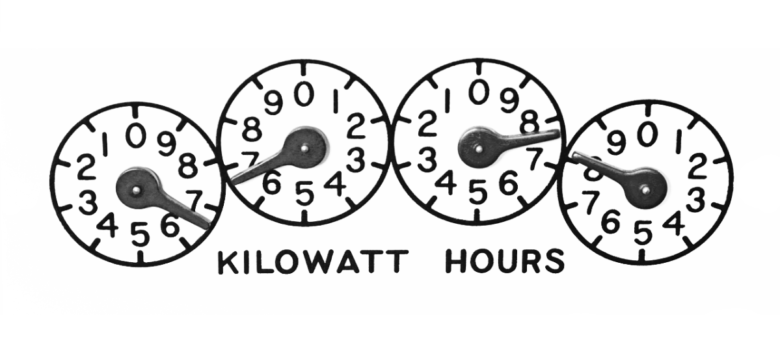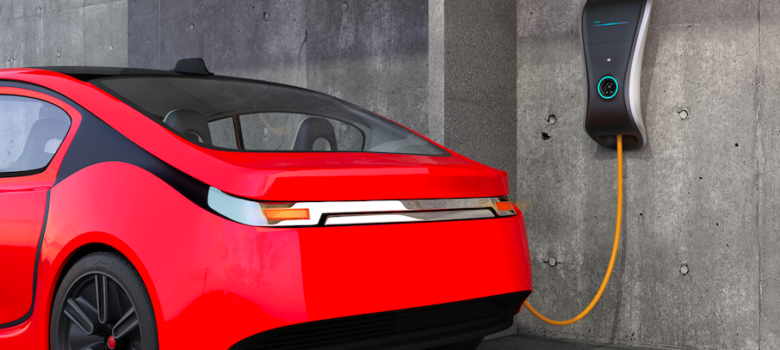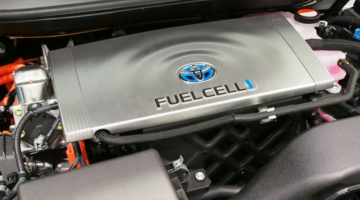
When you’re thinking about buying an electric car, you’ll hear lots of technical terms bandied around. You may get told, for instance, that a car will cost a certain amount to run per kiloWatt-hour. This might not mean much to you or me! What does it mean in real terms?
What is a kWh?
A kiloWatt-hour is the most common unit for measuring electricity usage. Watts have been used for a long time to measure the electricity requirement of lights and appliances, and the kWh (1000Watts) is now used to measure the efficiency of electric car models. Roughly speaking, the cost per kWh in an electric car is the equivalent of what you pay per litre for petrol or diesel at the pumps with a ‘normal’ car. In practical terms, the way to explain the cost of kiloWatt-hours used by electric cars goes something like this:
- The first important figure is how much you pay for one hour of electricity from the National Grid. The average price per unit (kWh) is 12.5p, but it depends on your tariff and provider.
- The second is the size of your car’s battery in kWh. The larger the capacity of your electric car’s battery (in kWh), the further it will be able to go before recharging. But it will take longer to charge in the first place!
So how much does it cost to charge an electric car?
To work out the charging costs of an electric car, simply multiply the cost of electricity per unit (kWh) by the battery capacity of the model in kW.
Let’s take the example of a standard single-rate electricity tariff and a mid-range electric car (Renault Zoe):
12p x 41kWh = 492
This means a total home charging cost (to full battery capacity) of £4.92.
How does this cost per kWh compare to cost per litre for a normal petrol car?
In this example, we take the current average price of petrol per litre and multiply it by the size of the fuel tank – in this case, we have taken the example of a 45l Renault Clio.
£1.19 x 45l = £53.55
So a full tank of petrol will cost you £50, but a full charge of an electric battery will cost a fiver.
It’s worth saying at this point that you can’t really compare like-for-like, as the range (i.e. how far a car will get before requiring re-fuelling/recharging) is different for petrol and electric cars. The majority of petrol cars have a range of around 2-3 times that of an electric car. Costs per mile are difficult to estimate because of the wide number of variables that affect them. Clearly, how long exactly this 41kWh lasts/how far it gets you depends on your driving speed and the load of the car, among other things. So the ‘real-life range’ will be different from the one specified by the manufacturer. This aside, there is still a big difference in the cost of powering electric and petrol/diesel cars. Electric normally works out far cheaper per mile.
 Cost per mile of electric cars
Cost per mile of electric cars
To work out the cost per mile to run an electric car, you divide the cost of charging per mile by the range of the car. If we round up the £4.92 charging cost for the Renault Zoe above, and use the manufacturer’s specified range (250 miles), we get:
5/250 = 2p per mile.
Compare this to the cost per mile of the petrol car above (more than £1) and you can see why electric cars are known for their efficiency!
As mentioned above, real costs would probably be slightly higher, because this range assumes full efficiency, but hopefully we’ve explained why electric cars are a cheap option, at least in terms of running costs. These could be reduced even further if the battery was charged at off-peak times with an Economy 7 or time of use tariff. The cheapest way to charge an electric car is at home, and the easiest way of doing this is with your own electric car charging point.
Installing an electric car charging point
Interested in having an electric car charging point installed in your home? We have scoured the country for the best tradespeople, so that we can make sure we only recommend those we really trust.
If you would like us to find you a local installer to get an EV charging point at home, just fill in the form below and we will be in touch shortly!
Think we missed something? Do you have a different opinion?
Comment below to get your voice heard…













£5 = 500 pence to charge battery. Gives 250 miles. Gives 2 pence per mile.
True! Typo – have amended. Thanks for pointing out!
It’s still saying £1
Please correct this page as it is misleading.
The cost of petrol per mile is c11p per mile (speak to any accountant) not the £1 you suggest.
For the petrol car 45ltr is around 10 gallons. The car quoted will get about 45 miles to the gallon = 450miles for £53.55 which gives about 12p per mile. Certainly not over £1 as stated but still dearer than electric.
I agree with Gerry, This is rubbish. For a small Clio 50 mpg is easily achieved. 10p per mile for fuel is more realistic than £1
I have an i3. With a 33kw battery, which does about 120 miles real world. At home I pay 16p kw/h (a fiver to fill up) on the move 30 kw/h. (a tenner to fill up). So on a long run away from home I can be paying 40 quid for 480 miles. To fill up my wives diesel bmw costs 65 quid and I get similar range. Roughly speaking, It costs a quarter in fuel day to day for short trips from home and only half away from home. It’s no way as good as you might think. Also I pay 440 a year road tax, yes you read that right, because my REX cost 41500 new. That was more than my Range Rover that was far more comfortable and spacious. In short, I feel a bit of a mug if I’m honest. I should have bought another Range Rover…have a good think before taking the plunge.
Which electric car company paid you to write this article?
The cost per mile of a small hatchback is around 12 pence, NOT “over £1”
This is all just lies, so much information is wrong or missing such as the cost of replacing the battery every 7 or 8 years. The good thing is that this is so obviously misleading that only the dumbest person would fall for it.
1kWh is NOT 1000W it’s 1000Wh – there’s a time multiplier in there “h” = hour which is 3600 seconds, thus it’s 3.6million Joules. If you really want to give a conversion for a non-scientist, I would suggest comparing with a typical kettle boiling water for tea/coffee – about 28 mugs (assuming: mug = 1/3 litre, tap water at 7°)
[Another side fact that may be interesting is the typical energy in petrol is about 33kWh per litre.]
The other bit that is excessively misleading is the cost per mile of petrol that – it’s not £1 – it’s more like 12p
To be fair you really need to include more of the likely costs of ownership – like buying the car and life of a battery pack
While there are few ev’s on the road charging them is not too difficult ,but just think of the chaos the endless queues on the a roads and motorways when there are millions, think on the endless hours waiting about. I can just imagine after a bank holiday experience waiting for hours to charge your car up very few will ever venture forth again. Don’t forget the government will hike up the price of charging your car up somehow plus some road tax otherwise how will they replace petrol and the present road tax. EV’S ARE A SORT OF TYRANNY!.